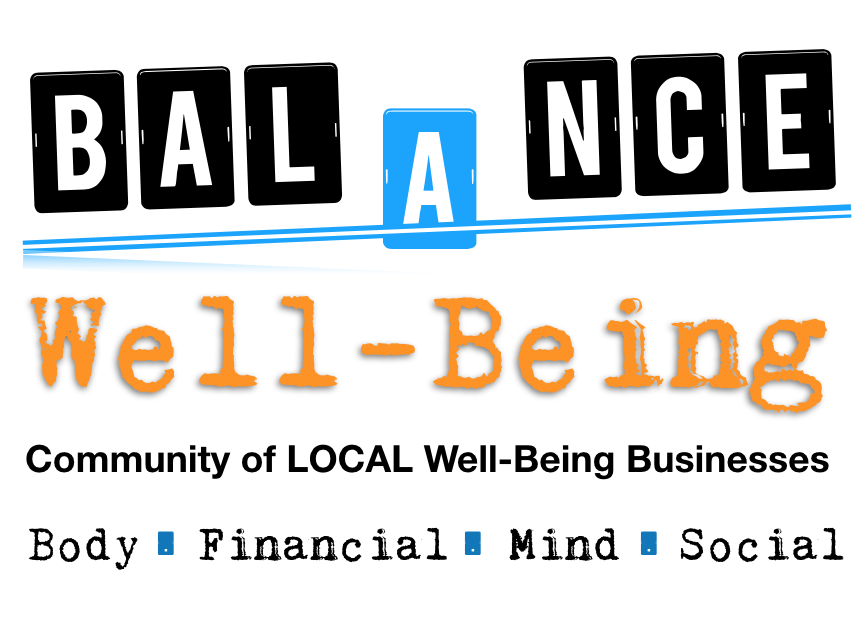 If every long journey begins with the first step, imagine how far you could go if you turned your steps into strides. For Julie Morgan, a registered social worker and the owner of Making Strides Counselling, it begins by pushing aside the stigmas of mental health, reaching out for support, and confronting your fears. Julie is here to guide you along that path which most of us find confusing and overwhelming — the walk toward our healthiest, happiest self.
If every long journey begins with the first step, imagine how far you could go if you turned your steps into strides. For Julie Morgan, a registered social worker and the owner of Making Strides Counselling, it begins by pushing aside the stigmas of mental health, reaching out for support, and confronting your fears. Julie is here to guide you along that path which most of us find confusing and overwhelming — the walk toward our healthiest, happiest self.
With 15 years of counselling experience and a bachelor’s degree in social work from UBCO, Julie helps you to navigate tumultuous emotions and overcome the insecurity, depression, anxiety, and anger keeping you up at night, impeding your progress, and affecting your ability to create a better, more fulfilling life — the one you deserve. It’s about discovering what is in your way, what is immobilizing you, what is keeping you from moving forward. The foundation of this mutual exploration is a solid therapeutic relationship.
You are not alone. Julie passionately believes in the importance of building her clients’ trust, so that they can feel safe in being open and honest about whatever it is they are going through. And her services cover the vast and varied nature of life’s challenges. Whether you’re seeking counselling for family and relationship issues, grief and loss, chronic illness and disease, career conundrums, youth struggles, caregiver strain, and more, Julie is ready to take that first step with you, no matter how small.




 As a Bowen Therapist I hear this a lot. Why do I feel like crap? Why am I in such pain? Why do I hurt so much
As a Bowen Therapist I hear this a lot. Why do I feel like crap? Why am I in such pain? Why do I hurt so much

